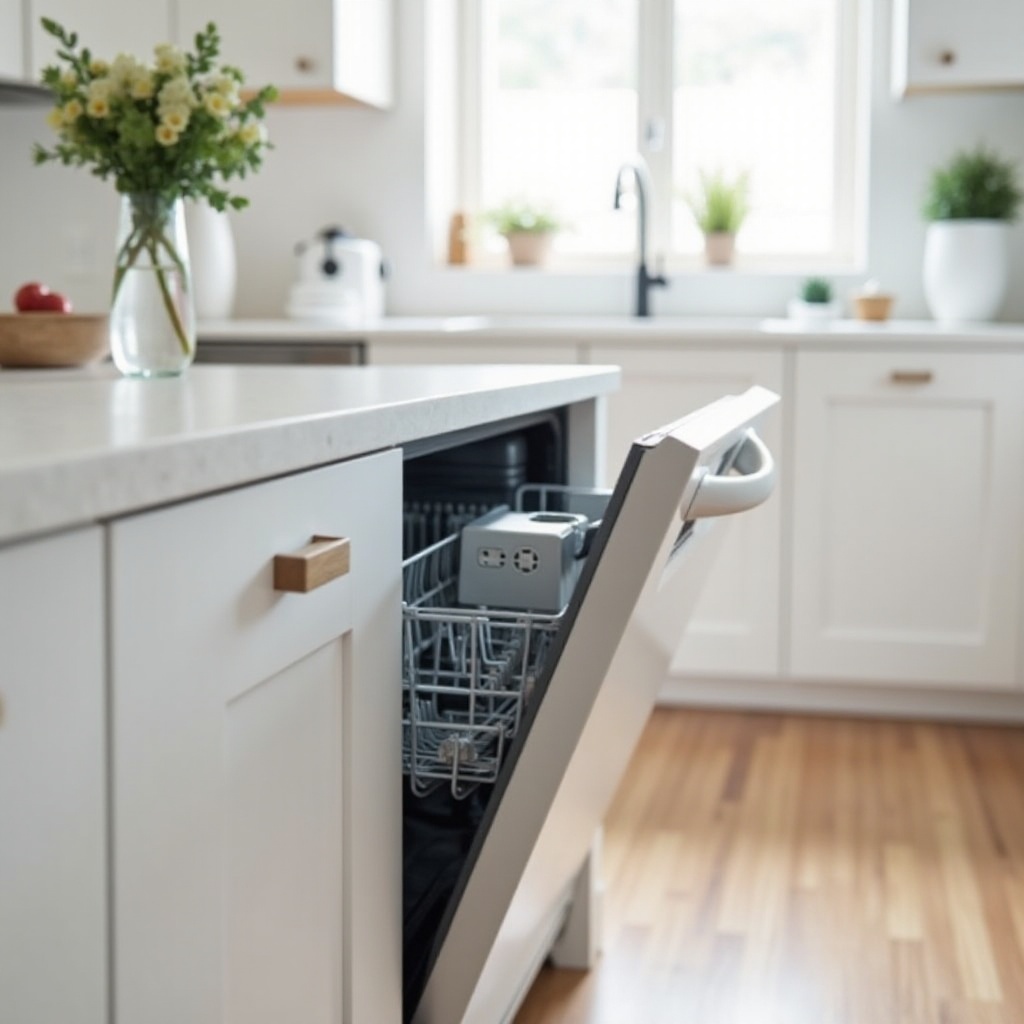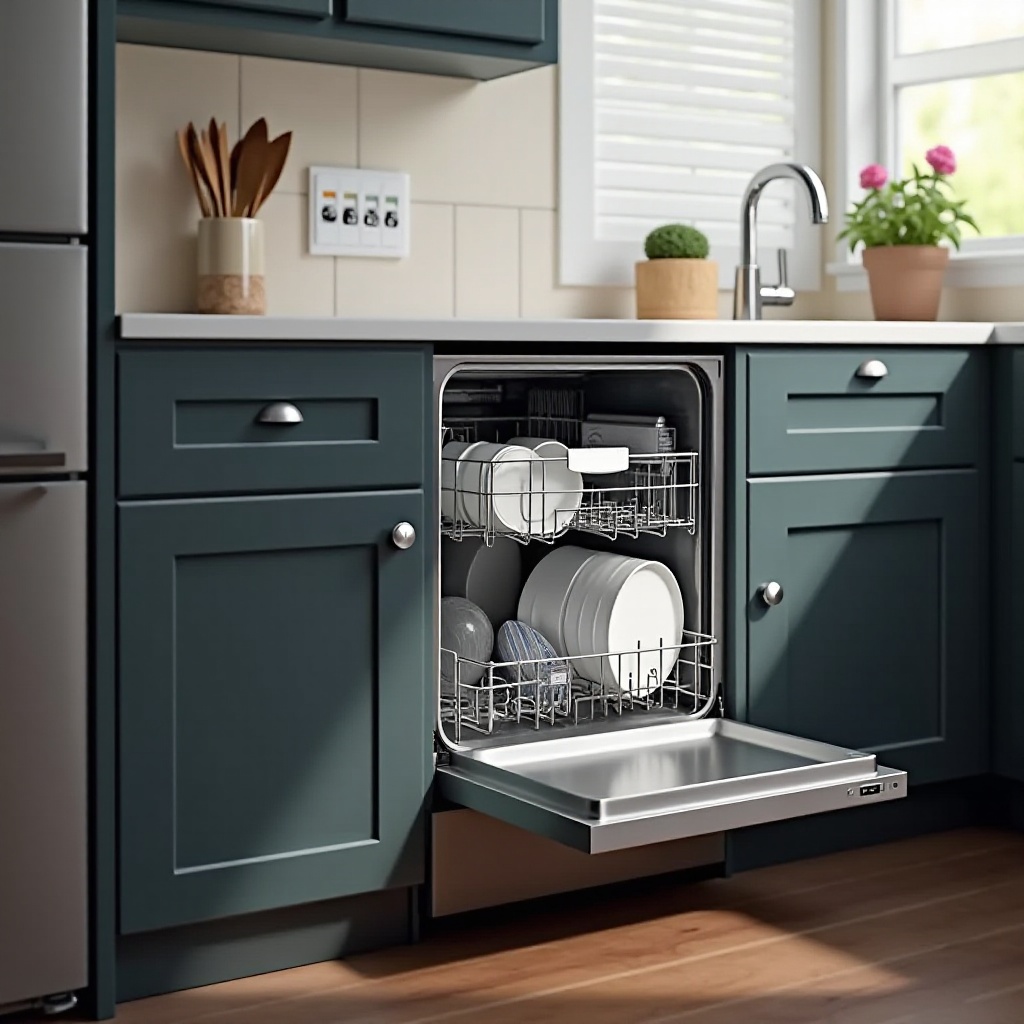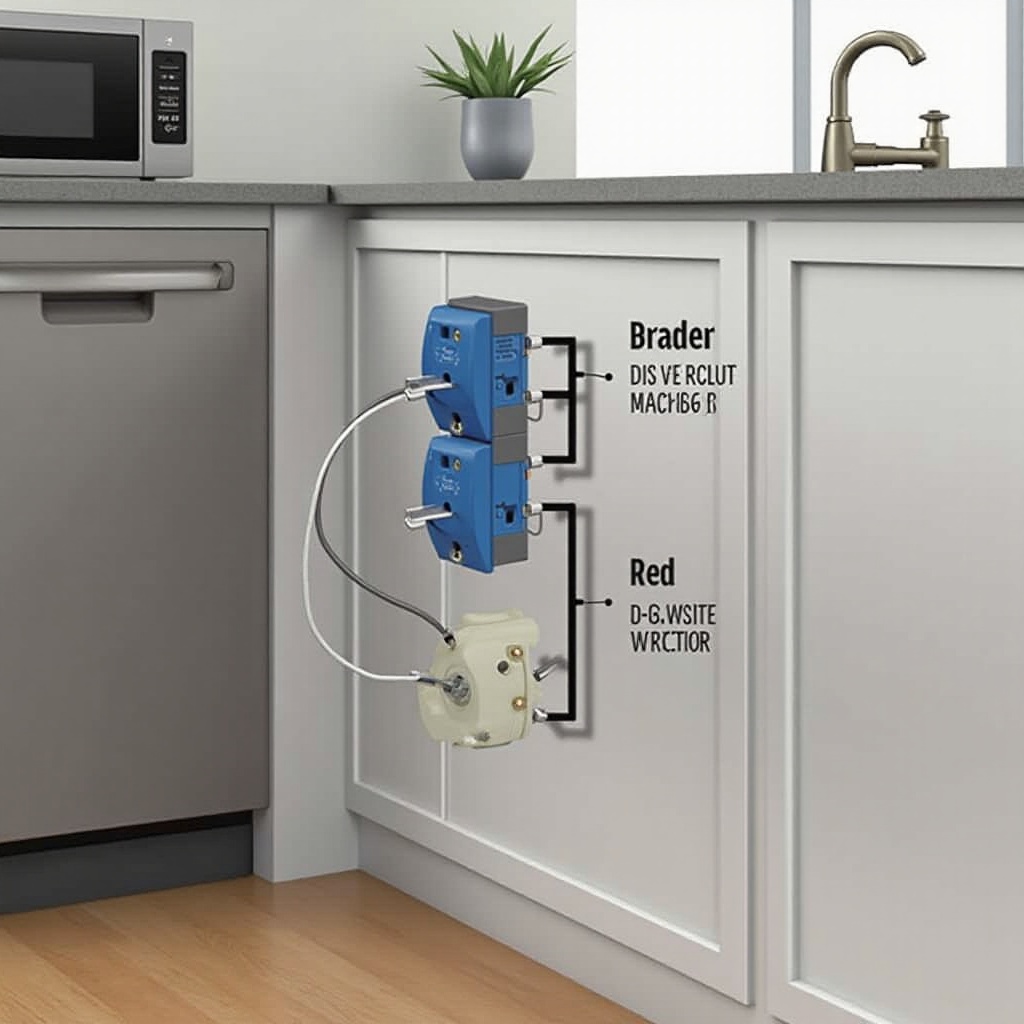Introduction
A dishwasher is a convenient kitchen appliance that saves time and effort in cleaning dishes. However, its installation requires proper attention to the electrical wiring in your home. One critical aspect is whether your dishwasher needs a dedicated circuit. Understanding this can protect your home from electrical hazards and ensure that your appliance functions efficiently.

Understanding Dedicated Circuits
A dedicated circuit is designed to serve only one appliance. This means that an appliance like a dishwasher receives power directly from the electrical panel without sharing it with other devices. Dedicated circuits are essential for high-powered appliances because they prevent overloading and ensure a stable power supply.
In a home, most general-use circuits are shared among various outlets and lights. However, for certain high-power appliances, it's necessary to have a dedicated circuit. This setup helps prevent circuit overloads, which can trip breakers, cause short circuits, or even lead to electrical fires.
Power Requirements of a Dishwasher
A typical dishwasher consumes a significant amount of power, especially during its heating cycle. Dishwashers generally use between 1200 and 1500 watts. This high power requirement means that sharing a circuit with other appliances increases the risk of tripping the breaker. When the dishwasher operates, it draws a considerable amount of current. If this current is added to the load from other devices on the same circuit, it can exceed the circuit's capacity, causing disruptions.
Given these power demands, dishwashers ideally need a circuit that can handle at least 15 amps. This ensures that the appliance can run efficiently without interruptions or safety hazards.
Why Dishwashers Need Dedicated Circuits
Having a dedicated circuit for your dishwasher is crucial for several reasons:
- Safety Regulations: Many building codes and safety regulations require high-powered appliances like dishwashers to be on dedicated circuits. This helps prevent electrical hazards such as fires caused by overloaded circuits.
- Prevent Overloading: Dedicated circuits ensure that the dishwasher has a reliable power source, reducing the risk of circuit breakers tripping. Overloaded circuits can cause frequent power cuts and damage the appliance.
- Appliance Longevity: Consistent power supply ensures that your dishwasher operates efficiently and for a longer period. Fluctuations in power can shorten the lifespan of electrical components within the dishwasher.
- Optimal Performance: With a dedicated circuit, your dishwasher can perform at its best without being affected by other appliances. This can lead to better cleaning results and energy efficiency.

Risks of Not Using a Dedicated Circuit
Operating a dishwasher without a dedicated circuit presents several risks:
- Electrical Fires: Overloaded circuits can overheat and potentially cause electrical fires. This is a significant safety hazard for any home.
- Appliance Damage: Inconsistent power supply can damage the sensitive components of your dishwasher. Over time, this can lead to costly repairs or even necessitate a replacement.
- Frequent Tripping: If your dishwasher is sharing a circuit with other high-power appliances, the breaker is likely to trip frequently. This can be a major inconvenience and can disrupt your household routine.
- Reduced Efficiency: Power fluctuations can impact the efficiency of your dishwasher. With an unstable power supply, your dishwasher might not perform optimally, resulting in poorly cleaned dishes and higher energy consumption.
Given these issues, it's prudent to ensure that your dishwasher has a dedicated circuit for its optimal and safe operation.

How to Determine if Your Dishwasher Has a Dedicated Circuit
Checking whether your dishwasher has a dedicated circuit is relatively straightforward:
- Inspect the Electrical Panel: Look at your home's electrical panel to see if there is a dedicated breaker labeled for the dishwasher. This breaker should state an amperage rating (typically 15 or 20 amps).
- Check Kitchen Outlets: If the dishwasher is sharing an outlet with other kitchen appliances, it's likely on a shared circuit.
- Consult an Electrician: If you're unsure, consider hiring a professional electrician to inspect your electrical system. They can provide a definitive answer and suggest necessary improvements.
Steps to Install a Dedicated Circuit
If you've determined that your dishwasher needs a dedicated circuit, you can choose to install one yourself if you have the knowledge and experience or hire a professional electrician. Here's a general step-by-step guide:
- Turn Off the Power: Before starting any electrical work, ensure the power is off at the main breaker panel.
- Plan the Circuit Path: Decide on the route from the electrical panel to the dishwasher. Measure the length of wiring needed for the job.
- Install the Breaker: Install a new circuit breaker in the electrical panel specifically for the dishwasher.
- Run the Wiring: Run the appropriate gauge wire from the breaker panel to the location of the dishwasher. Secure the wiring using staples or conduit as required.
- Connect the Wiring: Connect the wiring to the dedicated breaker and then to the dishwasher. Ensure all connections are tight and secure.
- Test the Circuit: Once the installation is complete, turn the power back on and test the dishwasher on the new dedicated circuit to ensure it functions properly.
Conclusion
Ensuring that your dishwasher has a dedicated circuit is vital for safety, performance, and appliance longevity. It's a straightforward yet crucial step in maintaining a safe and efficient kitchen. If you're uncertain about your electrical setup, consulting a professional electrician can provide peace of mind and ensure compliance with all safety regulations.
Frequently Asked Questions
Can I use an extension cord instead of installing a dedicated circuit for my dishwasher?
Using an extension cord is not recommended as it can lead to overheating, fire hazards, and does not comply with safety regulations. Installing a dedicated circuit is the safest option.
How do I know if my current circuit can handle the dishwasher load?
Check the breaker size and the total load on the circuit. If the total load exceeds 80% of the breaker's capacity, you should install a dedicated circuit.
Is it expensive to have a dedicated circuit installed by a professional?
The cost can vary depending on the complexity of the work and local rates, but it's a worthwhile investment for safety and efficiency. Consult with local electricians for specific estimates.
